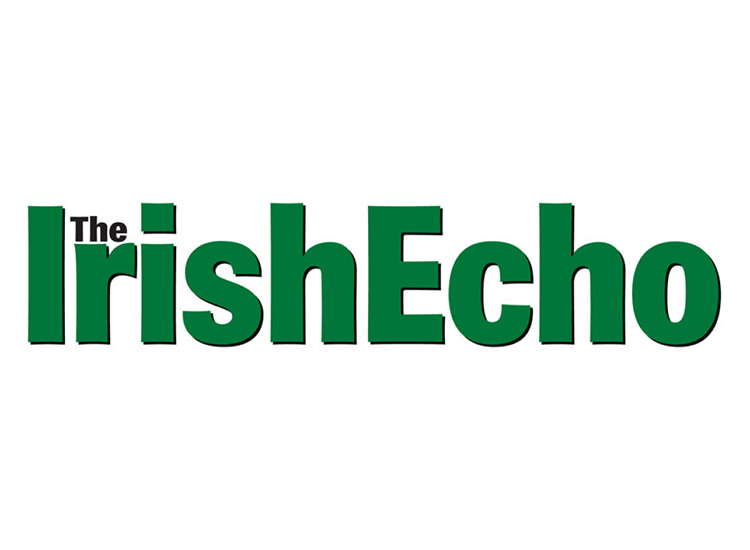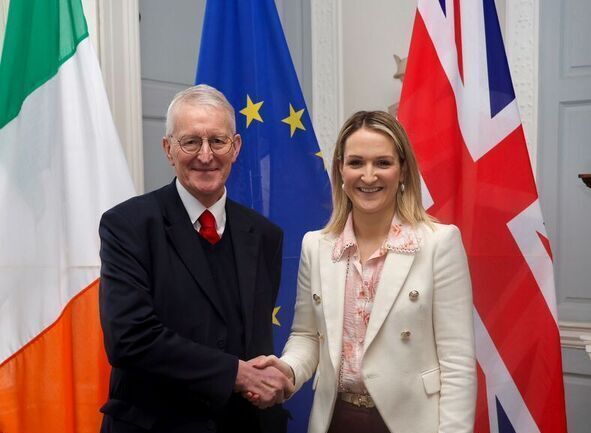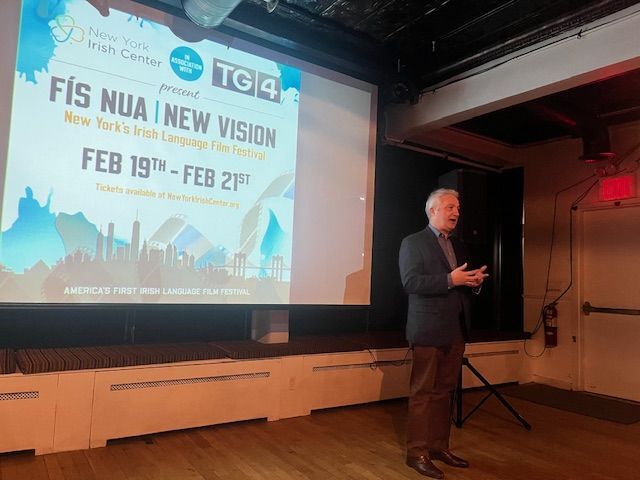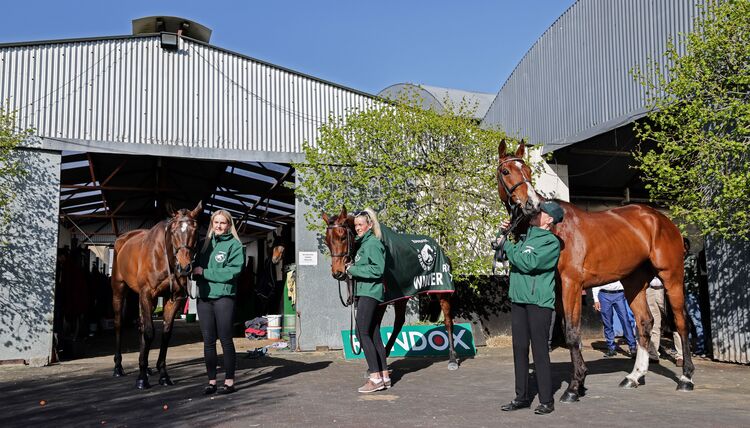With just days to go before Irish voters go to the polls to chose a new president, the race to succeed Mary McAleese has gathered pace with two new front runners now apparently leading the seven-strong field.
Independent Sean Gallagher, and Labour's Michael D Higgins, seem to have a better view at the front of the field, though the nature of the contest thus far would indicate that there is a fair way to go yet.
Voters appear volatile, quick to jump in their preferences as the campaigning gallops from one day into the next.
One intriguing aspect of the race is that Irish voters can place a bet with the bookies on who they think will win out in the end. So as much as voters might follow the latest opinion polls, many of them are keeping a wary eye on the changing odds.
There are often complaints here in the U.S. that there is too much money in the electoral process and that the outcome is pre-ordained simply by virtue of which candidate has the bigger pile of cash.
In Ireland, it seems to be a case as to which candidate can claim possession of the biggest pile of betting stubs. Betting and politics Irish style could easily be the subject of a thesis in political science or media studies.
Despite the fluctuations, there are indeed still seven runners in the race. Those who are trailing in the polls, and who find themselves down the field in the betting stakes, can retain a degree of optimism because the voting systems allows for the transfer of lower preferences. This can be a very murky area in advance of voting day. Sure, a candidate might not be looking like a first preference vote topper. But there is always the next round, another race in a way.
The race has also taken on the air of a political soap opera. Though the office of the Irish presidency is a constitutional one, the tenor and tone of the contest, to an outside observer, would seem to suggest that there is true executive power awaiting the eventual winner.
Not the case. But there a seven year job that brings with it the opportunity to present Ireland to a broader audience than just the Irish electorate, that being the Irish diaspora, and indeed the peoples of the world.
And that, whether odds for or against, would seem to be well worth racing for.









